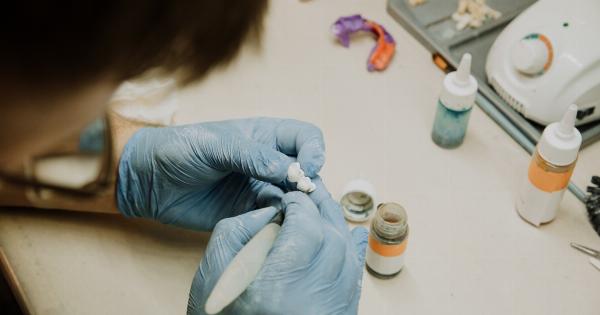Oral solutions are commonly prescribed medications that are taken by mouth. They come in liquid form and are often used to treat various medical conditions.
While oral solutions can be effective in managing health issues, there are certain safety concerns that need to be considered.
Understanding Oral Solutions
Oral solutions are medications that are dissolved in a liquid form, such as water or syrup. They are formulated to be taken by mouth, either by swallowing or by using a dropper.
These solutions are typically used when a patient has difficulty swallowing tablets or capsules, or when the medication needs to be absorbed quickly into the bloodstream.
Oral solutions have several advantages over other forms of medications. Firstly, they are easier to swallow, making them suitable for children, the elderly, and individuals with swallowing difficulties.
Secondly, oral solutions are quickly absorbed into the bloodstream, leading to faster onset of action. Lastly, these solutions can be easily adjusted or titrated, allowing for precise dosing.
Common Uses of Oral Solutions
Oral solutions can be prescribed for a wide range of medical conditions. Some common uses include:.
1. Pain Management
Oral solutions are frequently used to manage pain. Medications such as acetaminophen, ibuprofen, and opioids can be formulated as oral solutions to provide quick relief. These solutions are especially useful when immediate pain relief is required.
2. Cough and Cold
Cough syrups are a type of oral solution that is commonly used to alleviate symptoms of cough and cold. These solutions often contain ingredients such as dextromethorphan or guaifenesin, which help relieve the cough and reduce congestion.
3. Allergies
Oral solutions can also be prescribed to manage allergies. Antihistamines such as loratadine and cetirizine are available in liquid form to provide relief from symptoms like sneezing, itching, and runny nose.
4. Gastrointestinal Disorders
Some gastrointestinal disorders require medications that act locally within the digestive system. Oral solutions, such as antacids, are commonly used to treat conditions like acid reflux and heartburn.
These solutions work by neutralizing stomach acid and providing relief.
5. Pediatrics
Children often have difficulty swallowing tablets or capsules, making oral solutions the ideal form of medication for them. Pediatric formulations of antibiotics, vitamins, and other medications are commonly available in liquid form.
Concerns regarding Oral Solutions
While oral solutions have many benefits, there are some safety concerns that need to be addressed:.
1. Accidental Ingestion
Oral solutions are often packaged in bottles with child-resistant caps. However, there is still a risk of accidental ingestion, especially in households with young children.
It is essential to store these medications out of reach and in child-proof containers to prevent accidental ingestion.
2. Dosage Accuracy
Accurate dosing is crucial when it comes to medications. Oral solutions often come with a dropper or measuring cup for precise dosing.
It is important to follow the instructions carefully and use the provided measuring devices to ensure the correct dosage is administered.
3. Flavoring and Allergies
Oral solutions often have added flavors to make them more palatable. However, these added flavors can sometimes cause allergies or adverse reactions in individuals who are sensitive to certain ingredients.
It is important to check the ingredients list and discuss any known allergies with a healthcare provider.
4. Storage and Expiry
Proper storage is essential to maintain the effectiveness and safety of oral solutions. They should be stored in a cool, dry place as directed by the manufacturer.
Additionally, it is crucial to check the expiration date before taking any medication, as expired oral solutions may be less effective or potentially harmful.
5. Drug Interactions
Just like any other medications, oral solutions can interact with other drugs or substances. It is important to inform healthcare providers about all the medications being taken, including over-the-counter drugs and dietary supplements.
This helps prevent potential interactions that can reduce the efficacy of the medications or cause harmful side effects.
Conclusion
Oral solutions are widely used for the treatment of various medical conditions. They offer several advantages, including ease of administration and quick absorption into the bloodstream.
However, it is essential to be aware of the safety concerns associated with oral solutions, such as accidental ingestion, accurate dosing, allergies, proper storage, and potential drug interactions. By following the instructions and consulting healthcare providers, oral solutions can be used safely and effectively.



























